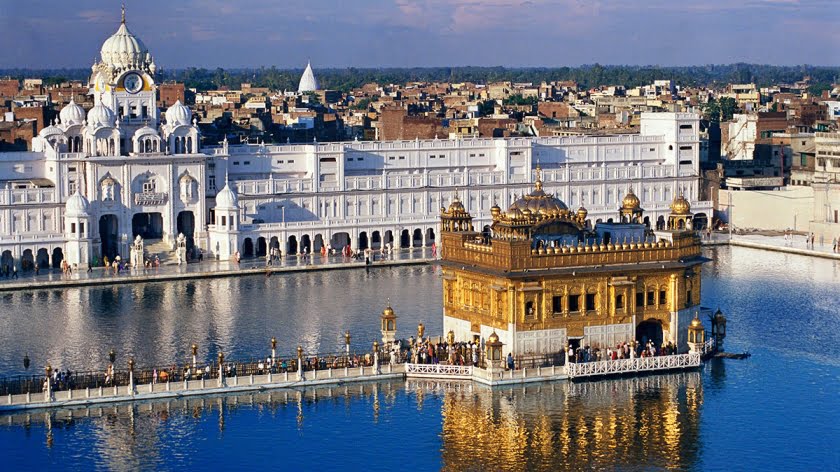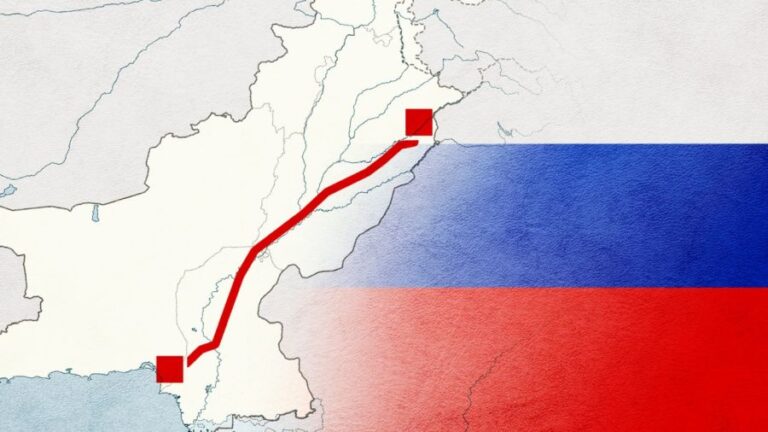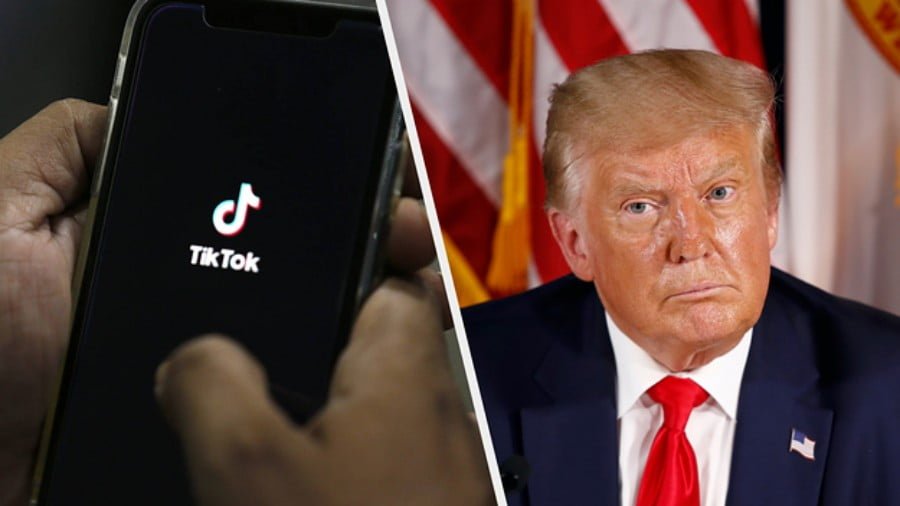Khalistan is a Pro-Sikh, Not “Pro-Pakistan”, Movement
Indian officials and their media allies have attempted to smear the Referendum 2020 campaign for an independent Khalistan as a “pro-Pakistan” movement, but it’s actually an indigenous pro-Sikh one that even criticized Islamabad for curtailing its activities earlier this year, thus proving that New Delhi is deceiving the world with crude propaganda in a desperate bid to discredit this grassroots movement in the run-up to next year’s planned vote.
Much has been written in the Indian media over the past two weeks since New Delhi banned the Sikhs For Justice (SFJ) about the group’s supposed ties to Pakistan, with the narrative being heavily pushed that they’re secretly backed by Islamabad in their Referendum 2020 campaign for an independent Khalistan. Pro-government pundits claimed that there’s a vast international conspiracy at play by India’s traditional rival to support this secessionist movement, hence why they smeared it as a “pro-Pakistan” one, but that couldn’t be further from the truth since the organization even criticized Islamabad for curtailing its activities earlier this year. The SFJ’s legal advisor Gurpatwant Singh Pannun said back in April that the Pakistani government stopped their scheduled plan to register volunteers for next year’s plebiscite, yet India still accused its neighbor of backing the Khalistani cause earlier this month.
India is deathly afraid of Khalistan because the movement’s revolutionary 1973 Anandpur Sahib Resolution clearly articulates the most viable alternative to the ruling powers’ centralizing fascism by refreshingly presenting the vision of a decentralized democracy that’s even more relevant today than it was nearly half a century ago. Media reports didn’t reveal the exact details of what New Delhi shared with Islamabad about the alleged pro-Khalistani activities that it said have been taking place on its territory, but given Pakistan’s attitude towards the SFJ, it’s unlikely that there’s any substance to India’s claims. Rather, the whole act of complaining about Khalistan was probably designed to “justify” the state’s earlier banning of the SFJ a few days prior, wagering that their intended domestic audience wasn’t aware that the group’s activities were curtailed in Pakistan and hoping that its unproven but loudly alleged connection to the country would be enough to discredit its cause.
The only so-called “evidence” that anyone has been able to dig up about the SFJ’s ties to the Pakistani state is the unconfirmed report that its website was supposedly hosted by a Karachi-based server in the past, which even if true wouldn’t imply any connection to the government at all but would rather suggest a clever way to ensure that India wouldn’t have succeeded in pressuring the unnamed company to close down the site. It’s not uncommon for opposition (and especially secessionist) movements to host their online operations outside of the “home” country whose government they’re against, and a digital presence in whatever country it might be doesn’t automatically mean a physical one, let alone any relationship between the movement’s leaders and that said state’s. If that speculative “standard” was evenly applied, then one could conspiratorially claim that every US-based site and their users (e.g. FB and everyone on that platform) are partnered with the American government, which is too absurd of an idea to even countenance.
To put it plain and simple, the Khalistan movement — and especially as manifested by the SFJ’s Referendum 2020 campaign — is a pro-Sikh movement, but India wants to manipulate the people of Punjab into thinking that it’s vaguely connected to Pakistan so that they second-guess whether or not their support of it is unwittingly feeding into a “foreign plot” by their country’s usual bogeyman. That’s not the case at all, as has been argued in this analysis, but the very fact that India is trying to deceive its own countrymen and the rest of the world with such crude propaganda reinforces the notion that New Delhi is afraid that the Khalistani cause is much more popular that it publicly lets on, hence why it’s resorting to such desperate tactics in a last-ditch attempt to discredit it. The last thing that India wants is for millions of Punjabis to participate in Referendum 2020 because that would draw global attention to this self-determination movement and the government’s history of discrimination against the Sikhs, so it’s doing all that it can ahead of time to stop this from happening.
By Andrew Korybko
Source: Eurasia Future







